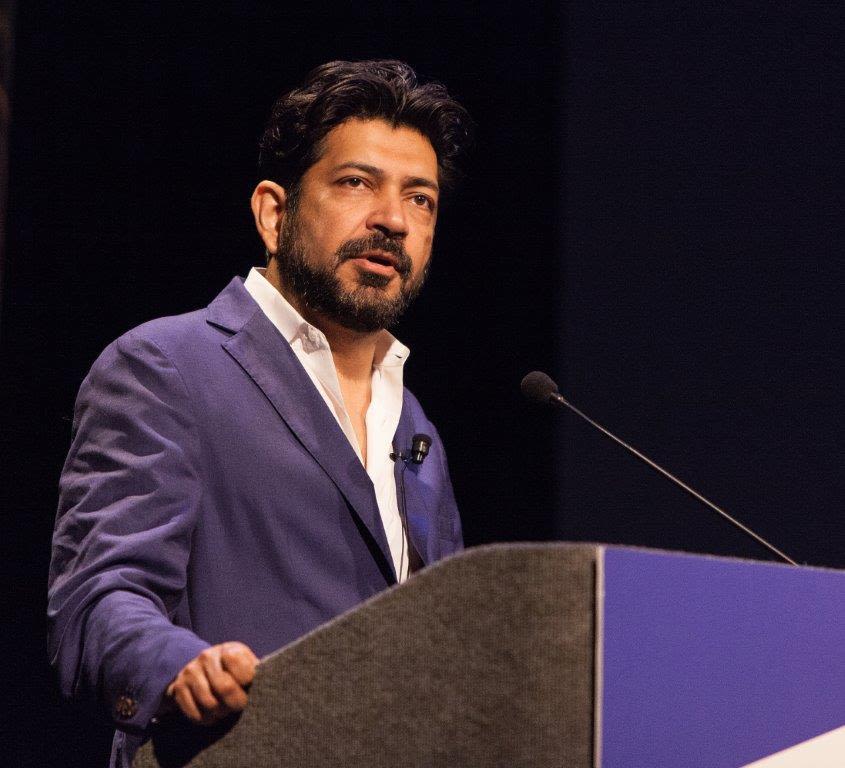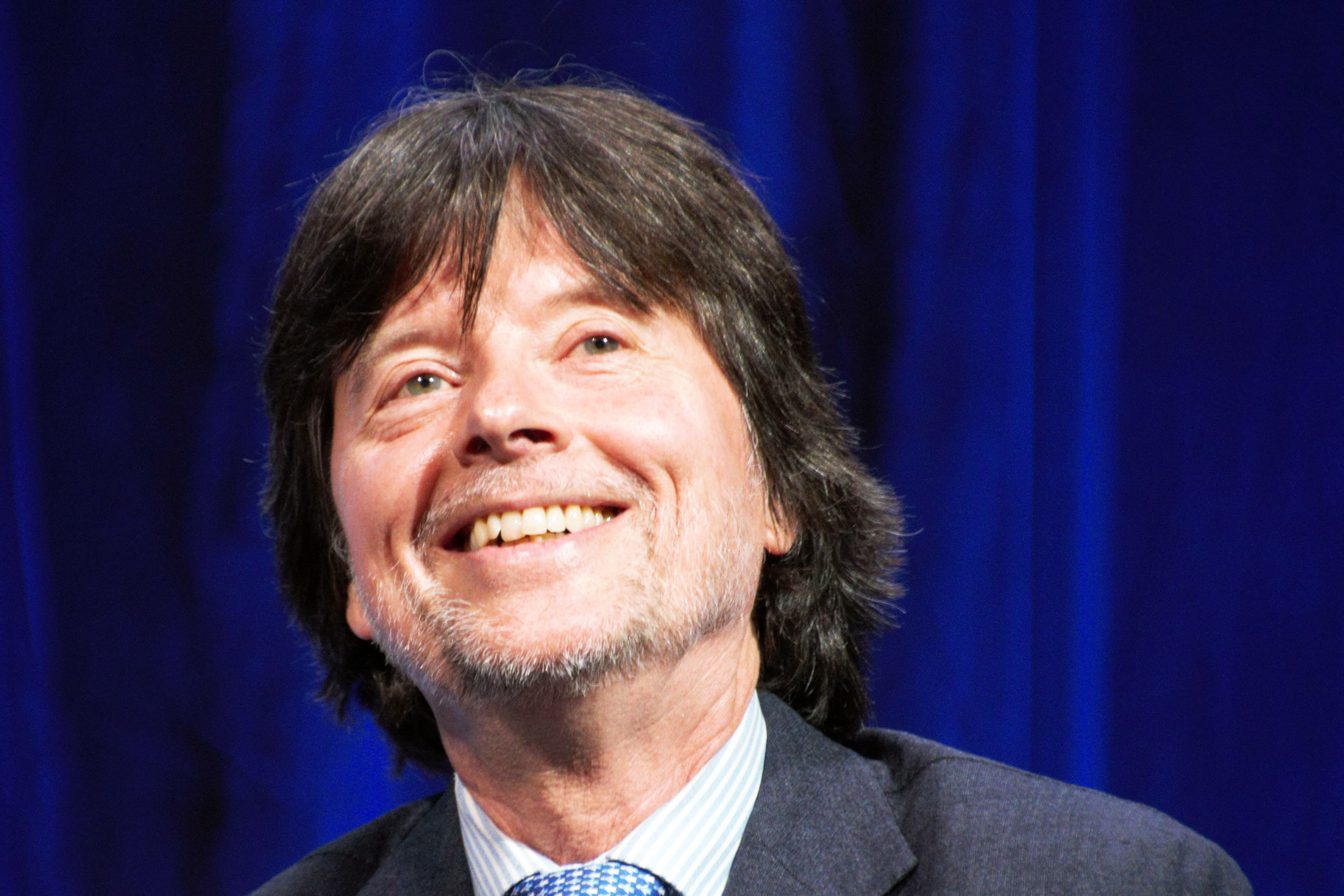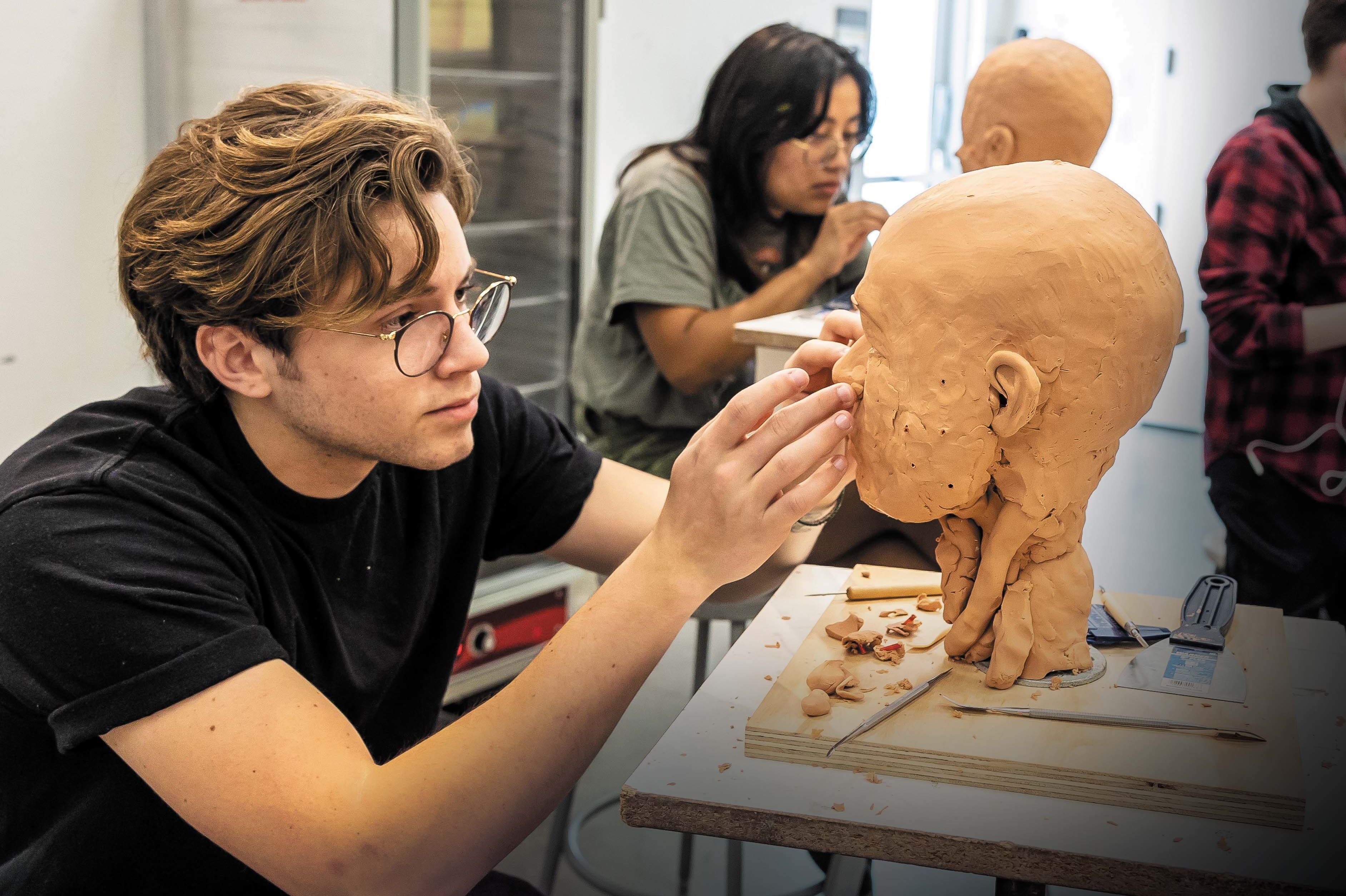Facing the Medical Future with Siddhartha Mukherjee

Dr. Siddhartha Mukherjee
Image: Courtesy Photo
The very near future may hold remarkable advances in detection, prevention and treatment of cancers. But it will also hold social and cultural questions about those advances, as well as medical ones. That’s one of the takeaways from the lecture given this morning by Dr. Siddhartha Mukherjee, the Pulitzer Prize-winning author of The Emperor of All Maladies and today’s Ringling College Library Association’s Town Hall speaker.
Mukherjee, a leading cancer physician and researcher who also teaches medicine at Columbia University, made that point both to his Van Wezel audience and to members of the press at a briefing before his lecture. As new ways of testing involve artificial intelligence and deep learning, and as the possibility of genetic manipulation offers both promise and peril, patients as well as doctors will have to make some serious choices.
“Early detection is one of the richest areas in the field right now,” said Mukherjee, “including attempts to use blood and bodily fluids to track cancer,” as well as the standard visual methods from mammograms to CAT scans. “That’s because cancer cells shed their DNA into the blood. But we only want to detect aggressive cancers, not indolent ones.” He used the example of the current PSA test for prostate cancer, which can detect the disease well. But those results do not necessarily need to lead to treatments in cases where the cancer is not an immediate threat. “We don’t want to overtreat,” he said.
Mukherjee also spoke of the possibilities for targeted therapy aimed at specific gene mutations, immunotherapy and how all these pieces of treatment and detection need to work together. “Cancer might demand a sort of surveillance [of our lives] we usually try to avoid,” he explained.
In a talk that sometimes felt like a university class (although Mukherjee certainly tried to keep things clear for an audience of lay people), he also explained the difference between somatic genetic engineering (changing genes in human cells, but not the genes that you pass on) and germ line genetic engineering, which would involve changing the genetic materials in sperm and eggs—changes that would be permanent for your descendants. Again, that raises questions of what is possible versus what is permissible, along with issues of safety, equality depending on cost, and more. Undoubtedly his recent book, The Gene: An Intimate History, addresses those larger questions as well as providing a background of genetic breakthroughs.
While the formal lecture tended to give listeners a lot of information and food for thought, it was a couple of questions during the Q&A afterwards that kept things more personal. A number of people in the audience raised their hands, for example, when Mukherjee asked how many of them would want to know their propensity for Alzheimer’s 20 years in advance of its first symptoms—even if a treatment was still not available. And, asked how he balances all of his professional commitments with his family ones (he has two young children with his wife, artist Sarah Sze), he answered frankly, “I have to be honest with you; our lives are a complete mess. A lot of things we call trivial—which maybe are not really trivial—fall by the wayside. You see the front of the face, but the back of the face is always under construction.”



